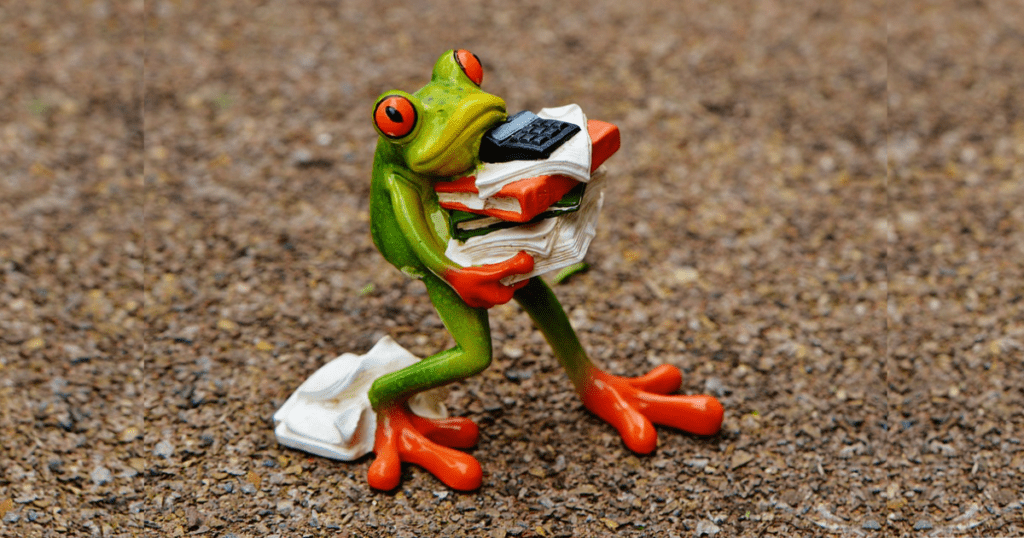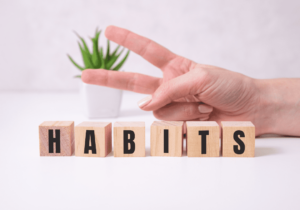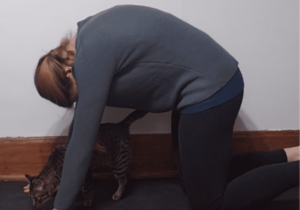2 Winning Tactics for Taking on Less Stress
How can stress be reduced
I was thinking about stress signals and how someone could take on less stress.
When clients are working to tune back into their hunger signals, I often suggest two things.
One: give yourself permission to go back for seconds.
If you are trying to “stick to one portion” you’re going to unconsciously overload your plate “just in case.” Overfilled plates tend to get eaten, regardless of hunger signals because our social training to clean our plates is LOUD.
Take a smaller portion. Check in with your body sensations. Then, go back for what you are actually hungry for. Whether that’s nothing or another portion the same as your first, it’s a win. The point is to check in and respond accordingly.
Two: use a smaller plate
This makes it easier to take a smaller portion in the first place. We are visually driven, so if the plate is physically smaller, it still looks “right” with a smaller portion on it, and we are less likely to overload our plates because we want it to look full.
Now, how might this relate to stress management, you ask? Oh my friends, everything is everything.
When you begin to see the connecting lines in life, you will also see that the exact same strategies apply across the board in curious and unexpected ways. Let’s jump in.
How do we stress ourselves out?
Before addressing how we destress, let’s take a look at how we got here in the first place.
Typically we increase stress by taking on too many things, a.k.a. overloading our plates. Then we push through all of our physical and emotional signals to stop, slow down, and for the love of llamas STOP SAYING YES TO EVERYTHING! We practice tuning ourselves out, over and over again, until we no longer feel those signals.
Are you seeing the connection to the hunger signals? The only difference is that with food, both over and underfeeding oneself are common. With stress, we’re all “eating” too damn much of it.
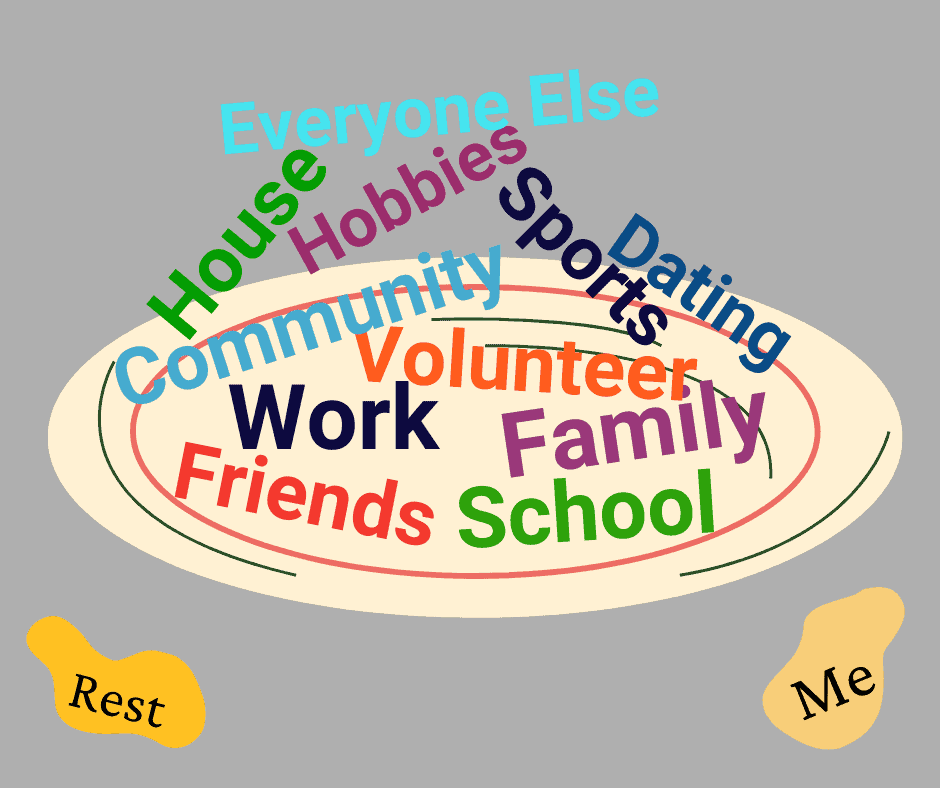
“I’m just stressed all of the time and I don’t know what’s wrong with me.”
“I get chronic tension headaches. It’s been that way for years.”
Why do we do this?!
For the most part, it’s social training. We are trained to tune ourselves out in favor of following social “rules.” How we eat, how we sleep, how we work, and even how we play is shaped by what we’ve been taught is “the right way” of doing.
We are praised endlessly for overloading ourselves and staying that way. We are celebrated for all of the ways we can push through discomfort. What do our bodies know anyways? We shall overcome them with our MINDS!
Funny enough, the same mentality that teaches us to tune out our hunger and fullness is then re-packaged and sold to us as diets. Ignore your hunger! You just have to want it more! Pretend you don’t have any body signals! And if it’s not clear, by funny, I actually mean “makes me want to scream into the void.” But I digress.
Tune back into your stress signals
If your immediate thought is, “no thank you the signals I have are plenty strong enough,” bear with me. This isn’t a jump-off-of-the-deep-end proposal, I promise.
It’s never a good idea to try to suddenly feel ALL of the things at once. Start small. You already know some of your stress signals, otherwise you wouldn’t be reading this article about taking on less of it.
Start by practicing noticing and naming the signals for what they are. These are your indicator lights that it’s time to do something.
“My shoulders are tense. I’m going to get up and move around.”
“I’m pretty short-tempered today. Where can I give myself some space?”

Photo by Peggy und Marco Lachmann-Anke from Pixabay
Oh hey friend, just checking in to see if you’re ok!
Grab a piece of paper or open a note on your phone, jot down a few of your most obvious or typical stress signals:
- How does stress show up for you physically? (e.g. muscle tension, digestion, etc)
- How does stress show up for you mentally? (e.g. mood, thought patterns, self-talk)
If you’re not sure how it shows up, think of a moderately stressful situation like rushing out the door for work. Steer clear of any high stress scenarios. Take a minute to imagine yourself in that situation…close your eyes if it helps.
How are you moving your body in that situation? What does it feel like? How are you breathing? What are you saying to yourself? This should give you a baseline for your standard stress-response.
Manage your stress like a boss - 2 steps to less stress
"I’ve noticed my stress, coach. Now what?"
First off, high five for doing the notice and naming work. You’re on your way.
Next, we practice respecting our stress signals in the same way that we practice respecting our hunger and fullness signals.
One: give yourself permission to go back for seconds.
Instead of taking on all of the things at once, start with a smaller portion. Take on only the most important things.
Then, when you have those under control (whatever that means to you), check in with yourself. Based on your time, energy, emotional capacity, and mental capacity, you can choose to go back for seconds.
Just like filling your plate at a buffet, you don’t have to put it all on your plate at once. Very few things in life are “one shot.” It’s perfectly ok to say, “not right now, but I’ll let you know if I have the space for it down the road.” That committee will still accept your help a month from now, I promise.
Start with less. Go back for seconds if you wish. There’s no need to “stuff” your schedule. You can take on less stress to start… it will all still be there tomorrow when you have the mental space to appreciate it.
Two: use a smaller plate
As previously noted, we fill our food plate according to our physical eyeballs. Similarly, we fill our commitment and responsibility plate with our idealist eyeballs. We imagine our best case scenarios, maximum productivity days and everything going exactly to plan.
Then we use THAT mental image to extrapolate what we SHOULD be capable of doing and how much time we SHOULD have. Our plate has become a serving platter. Shoulds are dangerous critters.
How much stress is too much?
As you probably know from living life, everyday is not a best case, maximum productivity day that goes to plan. Things NOT going to plan is a far more common outcome. So let’s reality check our commitment platters.
I invite you to contrast your best week with your worst one. What are you able to handle when absolutely everything goes sideways? What size is the worst week “plate”? A dessert plate? A tea saucer? Be honest with yourself.
Now think of your average week. What quantity of time and energy commitments can you handle with relative ease? What size is your average plate?
Are you getting a feel for your Real Life Plate vs your Idealized Plate? Excellent.
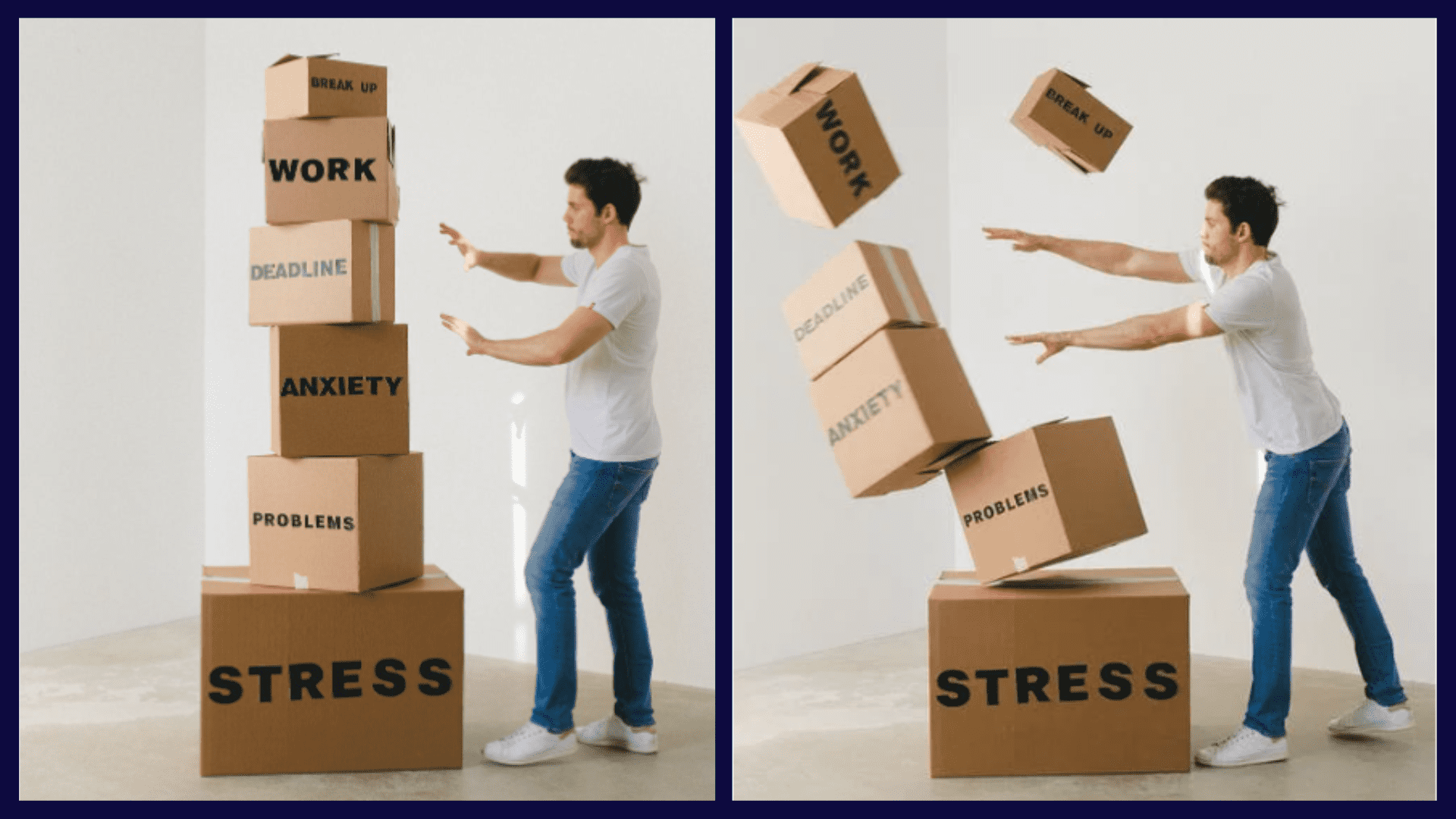
Photo by Photo by SHVETS production from Pexels
:
Now, put the two strategies together - Say “yes” to less
Fill your Real Life Plate with LESS than you think you “should” be able to do on average. Remember, you can go back for seconds. Just start with less and see how it feels.
* Shame gremlin alert! If you tend to take on too much to please others or prove your worth, stepping back is gonna feel gross.
Also please do not double down on self-shaming when you overload yourself. Notice it. Course correct. That’s all there is. *
Do you truly want more? Or do you just feel like you ought to take more? If there is a tasty commitment morsel that you have been eyeing, prioritize going back for that one as soon as you have space.
Sometimes, you may even overfill your plate a little. Maybe it’s worth it for something you truly want. That’s completely ok. By leaving yourself some buffer space most of the time you will have room for cool opportunities when they crop up.
How to stop stressing yourself out
Just like your food plate, fill your commitment plate in a way that works for you.
It’s ok (and normal) to take too much sometimes, but you don’t want to be overloaded all of the time. What is going to work for you 80% of the time? Do that.
You are in charge of your plate. Make sure you are filling it with the things and quantities that serve YOU. Nobody else lives your life, so don’t let anyone else fill your plate for you! They might mean well, but they won’t be dealing with indigestion from either those hot wings or the stress spiral from that extra work project. You, and you alone get to call the shots.
Health Ninja Jeanette Marcotte is a health coach and professional geologist, who is obsessed with helping fellow professional women and couples reclaim their time and energy by building healthy choices into their daily lives.
When she is not coaching or looking at rocks, you can find her hanging out in her garden, collecting new hobbies, and/or reading far too many books at once.
Find other articles written by Jeanette on her coach profile. Hang around for mindset strategies and micro-habits that will transform your health & confidence so that you feel like a Health Ninja, too!


